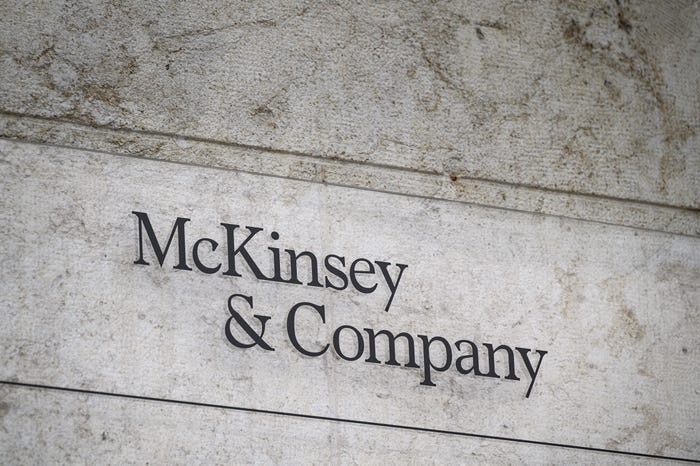Consulting Industry Faces Major Overhaul Amid AI Disruption

The consulting industry is undergoing significant changes driven by advancements in artificial intelligence (AI), evolving client needs, and challenges in career progression. According to a report from Business Insider, the traditional model of consulting is being reshaped, and these transformations are likely to ripple across the broader business landscape.
Current Trends Affecting Consulting
As firms like McKinsey, Bain, and Boston Consulting Group (BCG) grapple with these shifts, they find themselves at a crossroads. The influx of AI technologies is prompting companies to streamline their operations, resulting in a leaner workforce that also affects the talent pipeline. Analysts indicate that this may lead to a reduction in both junior and senior roles within the industry, which could have lasting implications for future generations of consultants.
The impact of these trends is already visible. For instance, PwC has announced plans to scale back on hiring recent graduates over the next three years, citing AI advancements as a key factor. This decision reflects a broader industry movement where traditional pathways into consulting are becoming less accessible. As a result, fewer young professionals may enter the field, potentially disrupting the recruitment process for many companies that rely on consultants for strategic guidance.
Implications for the Business World
The changes within the consulting sector are not just an internal matter; they will likely affect businesses that depend on these firms for advice and support. Consultants play a pivotal role in helping organizations navigate complex decisions, and any significant shift in how these services are delivered could alter client interactions. The manner in which companies engage and compensate consultants may evolve as firms adjust their operational strategies.
Moreover, the consulting industry has historically served as a gateway for many young professionals to enter the corporate world. High-profile executives, such as Sheryl Sandberg, Sundar Pichai, and Jamie Dimon, all began their careers in consulting roles. The potential decline in junior consultant positions could hinder this entry point, making it more challenging for young talent to transition from consulting to in-house roles.
Despite these challenges, consultants are known for their adaptability. Their expertise in managing change is precisely what clients pay for, and as the industry evolves, they may find new ways to leverage their skills. If necessary, firms could even hire additional consultants to help navigate this turbulent period.
As the consulting industry braces for this overhaul, the implications will likely extend beyond individual firms. Organizations across various sectors may need to reassess their reliance on consulting services and prepare for a landscape where the traditional models are no longer viable. The coming years will reveal how these changes reshape the profession and the broader corporate ecosystem.






